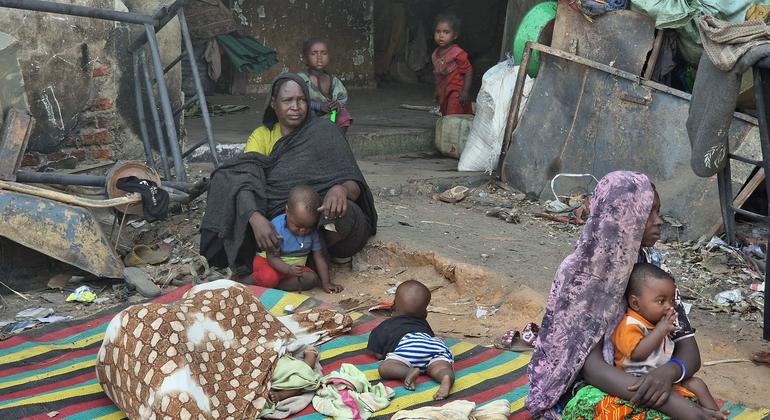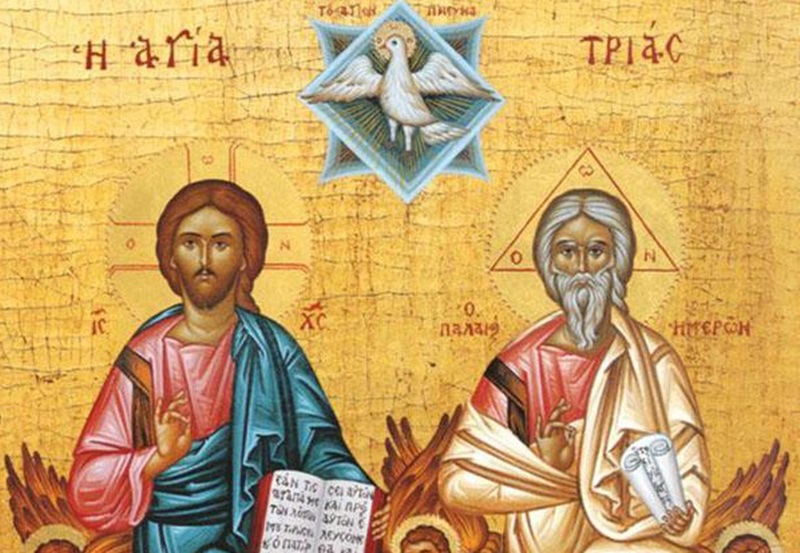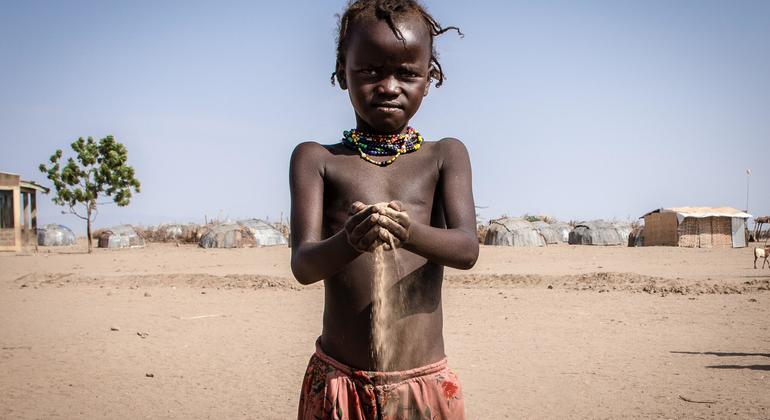As the World Trade Organization (WTO) gears up for its 13th Ministerial Conference (MC13), the European Union (EU)’s stance and proposals have emerged as pivotal talking points. The EU’s vision, while ambitious, also opens up a spectrum of discussions on the feasibility, inclusivity, and broader implications of its proposed reforms for the global trading system.
At the heart of the EU’s agenda is a call for significant reforms within the WTO, leveraging the momentum from the outcomes of MC12 in June 2022. The EU envisions a comprehensive package at MC13 that could lay the groundwork for further reforms by MC14. This approach underscores the EU’s commitment to a stable and predictable rules-based trading system. However, this vision, while commendable for its optimism, may face hurdles due to the diverse interests and capacities of WTO members. Achieving consensus on wide-ranging reforms requires navigating complex negotiations and balancing differing national priorities, which historically have been challenging within the WTO framework.
The EU’s enthusiasm for the accession of Comoros and Timor-Leste to the WTO is notable, marking these as positive steps toward inclusivity and economic reform. These accessions, the first since 2016, indeed highlight the continued relevance of the WTO. Nonetheless, the broader challenge of ensuring that new and existing members, especially developing and least-developed countries (LDCs), can fully benefit from the WTO system remains. The integration of these countries into the global trading system involves addressing structural barriers and ensuring that WTO rules and negotiations reflect their interests and capacities.
Reform of the WTO’s core functions, including a fully functioning dispute settlement system and the unblocking of the Appellate Body, is identified as an absolute priority by the EU. While the need for these reforms is widely acknowledged, the path to achieving them is fraught with complexity. The dispute resolution impasse, for instance, is symptomatic of deeper issues related to governance and the balance of power within the WTO, reflecting broader geopolitical tensions.
The EU’s push for the ratification and implementation of the Agreement on fisheries subsidies from MC12 is a testament to its commitment to sustainability. This move, while systemically significant, also highlights the challenges of aligning multilateral trade rules with environmental goals. The effectiveness of such agreements in practice depends on their enforceability and the willingness of members to comply, raising questions about the WTO’s capacity to address global concerns like sustainability.
On digital trade, the EU’s support for renewing the moratorium on customs duties on electronic transmissions and advancing the e-commerce Work Programme reflects an attempt to keep pace with the digitalization of the global economy. However, this area also illustrates the tension between promoting open digital trade and addressing concerns about digital divides, taxation, and data governance.
The EU’s stance on addressing food security challenges, particularly in the context of the war in Ukraine, underscores the intersection of trade policies with geopolitical realities. While the WTO’s role in mitigating the impact of conflicts on global food security is crucial, the effectiveness of trade measures in such contexts is contingent on broader diplomatic and humanitarian efforts.
In agriculture and development, the EU advocates for outcomes that are compatible with its policies, such as the Common Agriculture Policy. This stance, while protective of EU interests, may raise concerns about the balance between protecting domestic sectors and promoting a fair and open global trading system that benefits all members, especially developing and LDCs.
The EU’s support for plurilateral cooperation through Joint Statement Initiatives reflects a pragmatic approach to advancing negotiations on pressing issues. However, this strategy also raises questions about the inclusivity and coherence of the multilateral trading system, as not all WTO members participate in these initiatives.
As the EU positions itself as a leader in pushing for a reformed and revitalized WTO at MC13, the challenges ahead are manifold. Achieving a balanced outcome that addresses the needs and concerns of all WTO members, while navigating geopolitical tensions and divergent interests, will require a delicate balancing act. The EU’s proposals, while ambitious and well-intentioned, will be put to the test as members engage in negotiations that will shape the future of the global trading system.
The World Trade Organization (WTO) Ministerial Conference has just commenced in Abu Dhabi, marking a critical juncture for member nations to address pressing global trade issues. Discussions will encompass topics such as the prohibition of subsidies contributing to overfishing and the complexities of digital taxation, set against a backdrop of economic instability and the uneven recovery from the pandemic. The outcomes of these deliberations within the WTO’s paramount decision-making body are poised to draw significant attention as the world watches closely.
Director Ngozi Okonjo-Iweala set a sobering tone for the conference, highlighting the formidable challenges ahead in navigating the current global landscape. Emphasizing the heightened uncertainties and instabilities compared to previous years, Okonjo-Iweala underscored the pervasive geopolitical tensions and conflicts that have escalated worldwide. From the Middle East to Africa and beyond, the Director’s remarks serve as a stark reminder of the multifaceted crises facing the international community, urging a collective response to address these complex issues effectively.
Urgency permeates the gathering, as emphasized by Athaliah Lesiba, the WTO’s General Council Chairperson, who stressed the imperative for unified action amidst economic uncertainties and geopolitical frictions. Lesiba’s call to steer the WTO towards tackling contemporary challenges resonates with the need for proactive and collaborative efforts in addressing the intricate issues at hand. With elections scheduled in over 50 countries this year, the outcomes of both the conference deliberations and these electoral processes are poised to shape the trajectory of the WTO and the global economy significantly, underscoring the critical importance of concerted action in navigating the complexities of the evolving global trade landscape. The biennial meeting is set to conclude on February 29 in the United Arab Emirates, with expectations high for impactful decisions and collaborative initiatives to emerge from the discussions.















